The Florida Oceanographic Society is leading efforts in research, monitoring and restoring habitats in South Florida, particularly in the southern portion of the Indian River Lagoon (IRL). Located in a biogeographical transition zone between tropical and temperate habitats, the IRL is North America's most biodiverse estuary. The IRL is comprised of mangrove swamps, oyster and seagrass beds, sand and mud flats, and coral and worm reefs and is home to more than 4,300 species of plants and animals, including 36 rare and endangered species.
The research program emphasizes studies on the biodiversity, life histories, and ecology of marine flora and fauna and is involved in long-term monitoring of water quality, oysters, seagrasses and mangroves in the IRL. A key component of our program is the involvement of the community in our efforts. We coordinate several programs in which volunteers are directly involved in research and data collection. This information is then disseminated directly to our local community. It is our hope that these citizen scientist programs foster not only knowledge, but stewardship of our treasured Florida ecosystems.

![Monitoring [1920x1080]](/sites/default/files/images/Monitoring%20%5B1920x1080%5D.png)
![restoration [1920x1080]](/sites/default/files/images/Restoration%20%5B1920x1080%5D.png)
![research [1920x1080]](/sites/default/files/images/Research%5B1920x1080%5D.png)
